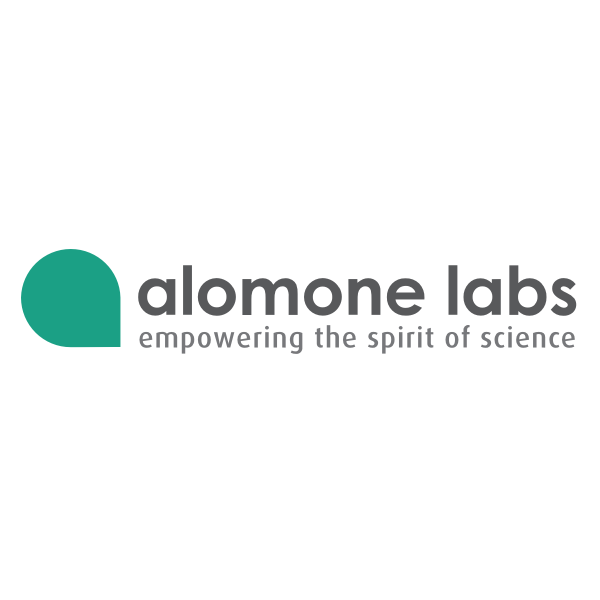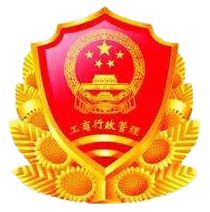

品牌: Alomone
 下载产品说明书
下载产品说明书 用小程序,查商品更便捷
用小程序,查商品更便捷



 收藏
收藏
 对比
对比 咨询
咨询纯度:
Affinity purified on immobilized antigen.
Affinity purified on immobilized antigen.
反应种属:
H, M, R
H, M, R
产品介绍
产品信息
宿主
兔

简单描述
A Rabbit Polyclonal Antibody to KV11.1 (ERG-1) Channel

商品描述
Each antibody ordered from Alomone Labs is supplied with its corresponding control peptide (antigen), free of charge. A Rabbit Polyclonal Antibody to KV11.1 (erg1) Channel

纯度
Affinity purified on immobilized antigen.

组成成分
抗钾电压门控通道H族成员2 抗体

应用
实验应用
IC, IH, IP, WB

反应种属
H, M, R

背景
别名
erg1,

背景
The KV11.1 (HERG) channel is a member of the ether-a-go-go (EAG) subfamily of voltage-dependent K+ channels that includes the related proteins KV11.2 and KV11.3 (erg2 and erg3). KV11.1 possess the signature structure of the voltage-dependent K+ channels: six membrane-spanning domains and intracellular N and C termini.
The KV11.1 current is characterized by strong inward rectification with slow activation and very rapid inactivation kinetics. The channel is expressed in the brain and heart (where it underlies the IKr current) and has a central role in mediating repolarization of action potentials.
Mutations in the KV11.1 channel cause inherited long QT syndrome (LQTS) or abnormalities in the repolarization of the heart that are associated with life-threatening arrhythmias and sudden death. All the identified KV11.1 mutations produce loss of function of the channel via several cellular mechanisms ranging from alterations of gating properties, alterations of channel permeability/selectivity and alterations in intracellular channel trafficking that decreases the number of channels that reach the cell membrane.1,2 Lately drug-induced forms of LQTS have been reported for a wide range of non-cardiac drugs including antihistamines, psychoactive agents and antimicrobials. All these drugs potently block the KV11.1 channel as an unintended side effect, prompting regulatory drug agencies to issue recommendations for the testing of new drugs for their potential KV11.1 blocking effect.
In addition, KV11.1 expression was found to be upregulated in several tumor cell lines of different histogenesis suggesting that it confers the cells some advantage in cell proliferation. Indeed, in several studies it has been shown that inhibition of the KV11.1 current leads to a decrease in tumor cell proliferation.3
Several venomous toxins from Scorpions are potent blockers (affecting the channels in the nanomolar range) of KV11.1channels. Among these the most potent and selective are Ergtoxin-1 (#RTE-450, 16 nM)4 and BeKM-1 (#RTB-470, 3 nM).5 In addition, the methanesulfonanilide class III antiarrhythmic agent E-4031 (#E-500, 7.7 nM), also blocks KV11.1 channel in the nanomolar range.6
The KV11.1 current is characterized by strong inward rectification with slow activation and very rapid inactivation kinetics. The channel is expressed in the brain and heart (where it underlies the IKr current) and has a central role in mediating repolarization of action potentials.
Mutations in the KV11.1 channel cause inherited long QT syndrome (LQTS) or abnormalities in the repolarization of the heart that are associated with life-threatening arrhythmias and sudden death. All the identified KV11.1 mutations produce loss of function of the channel via several cellular mechanisms ranging from alterations of gating properties, alterations of channel permeability/selectivity and alterations in intracellular channel trafficking that decreases the number of channels that reach the cell membrane.1,2 Lately drug-induced forms of LQTS have been reported for a wide range of non-cardiac drugs including antihistamines, psychoactive agents and antimicrobials. All these drugs potently block the KV11.1 channel as an unintended side effect, prompting regulatory drug agencies to issue recommendations for the testing of new drugs for their potential KV11.1 blocking effect.
In addition, KV11.1 expression was found to be upregulated in several tumor cell lines of different histogenesis suggesting that it confers the cells some advantage in cell proliferation. Indeed, in several studies it has been shown that inhibition of the KV11.1 current leads to a decrease in tumor cell proliferation.3
Several venomous toxins from Scorpions are potent blockers (affecting the channels in the nanomolar range) of KV11.1channels. Among these the most potent and selective are Ergtoxin-1 (#RTE-450, 16 nM)4 and BeKM-1 (#RTB-470, 3 nM).5 In addition, the methanesulfonanilide class III antiarrhythmic agent E-4031 (#E-500, 7.7 nM), also blocks KV11.1 channel in the nanomolar range.6

声明 :本官网所有报价均为常温或者蓝冰运输价格,如有产品需要干冰运输,需另外加收干冰运输费。







 危险品化学品经营许可证(不带存储) 许可证编号:沪(杨)应急管危经许[2022]202944(QY)
危险品化学品经营许可证(不带存储) 许可证编号:沪(杨)应急管危经许[2022]202944(QY)  营业执照(三证合一)
营业执照(三证合一)